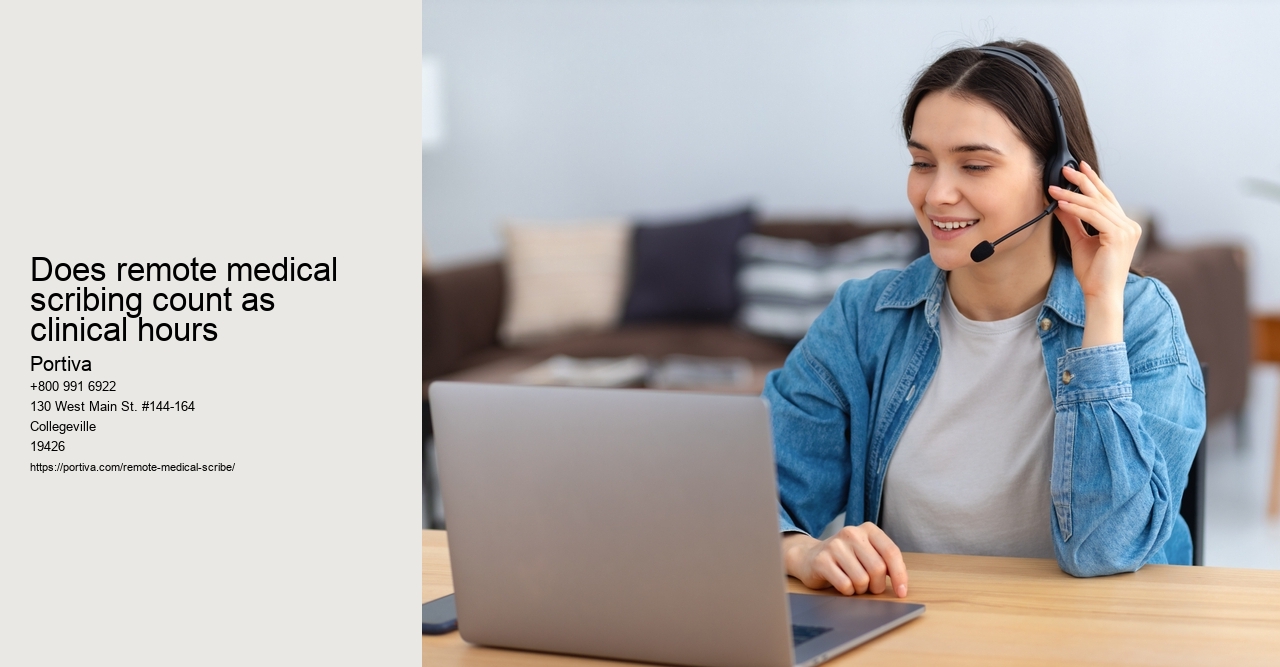It provides real-time information, customized treatment plans, and personalized reminders to help users stay on track with their health goals. This can be achieved by implementing electronic systems that are explicitly tailored to the needs of each healthcare organization. Portiva's virtual medical assistant offers comprehensive services to help its users attain optimum health.1) What is the difference between telemedicine and virtual medical assistant? Telemedicine involves communicating with a healthcare provider through video or audio technology, while a virtual medical assistant provides personalized care plans, reminders, and educational resources to help you manage your health.2) How can I be sure of the accuracy of my diagnosis? Portiva verifies all diagnoses before sending them out to patients. The improved communication systems between doctors' offices and patients also ensure that they are kept up-to-date on any changes in their treatment plans or follow-up visits that may be necessary. Regular audits should also be conducted to identify vulnerabilities in the system architecture and develop strategies for mitigating risks related to these weaknesses. It can perform natural language processing thanks to understanding and respond to questions quickly and accurately, making it possible for you to spend less time worrying about paperwork and more time giving personalized attention to each patient.
Does remote medical scribing count as clinical hours
